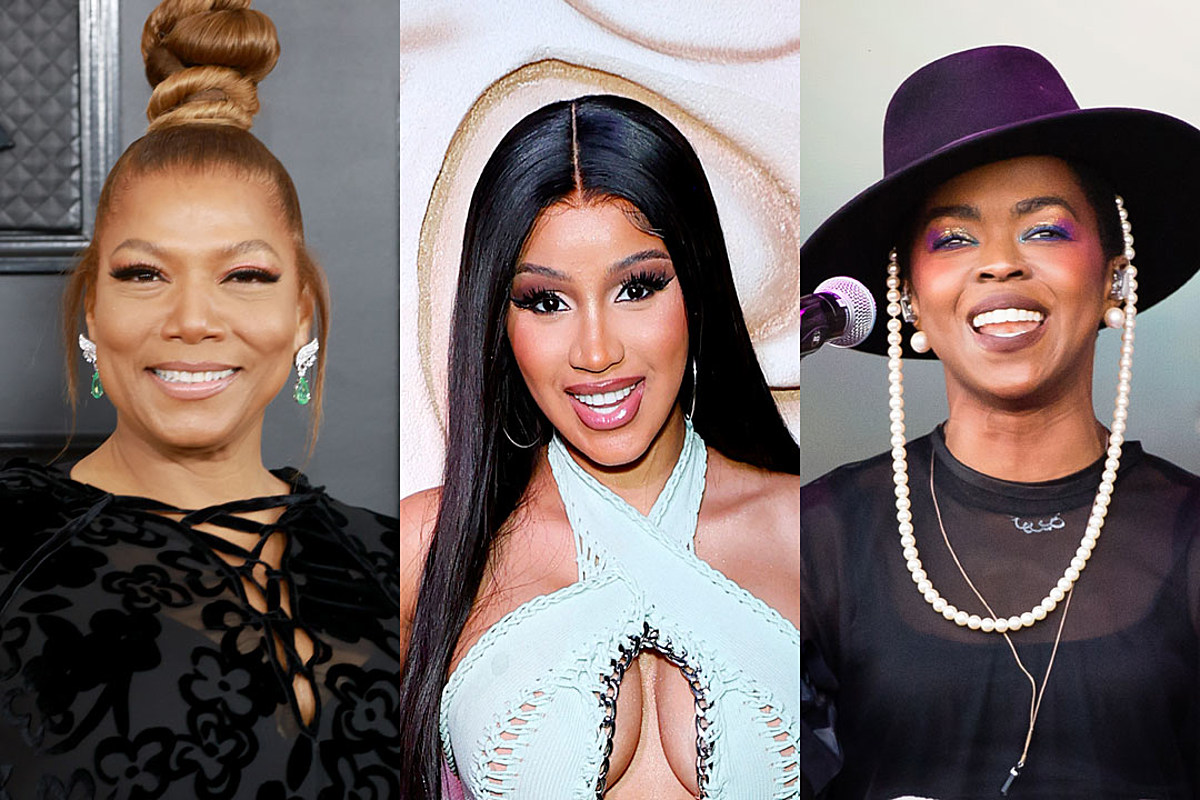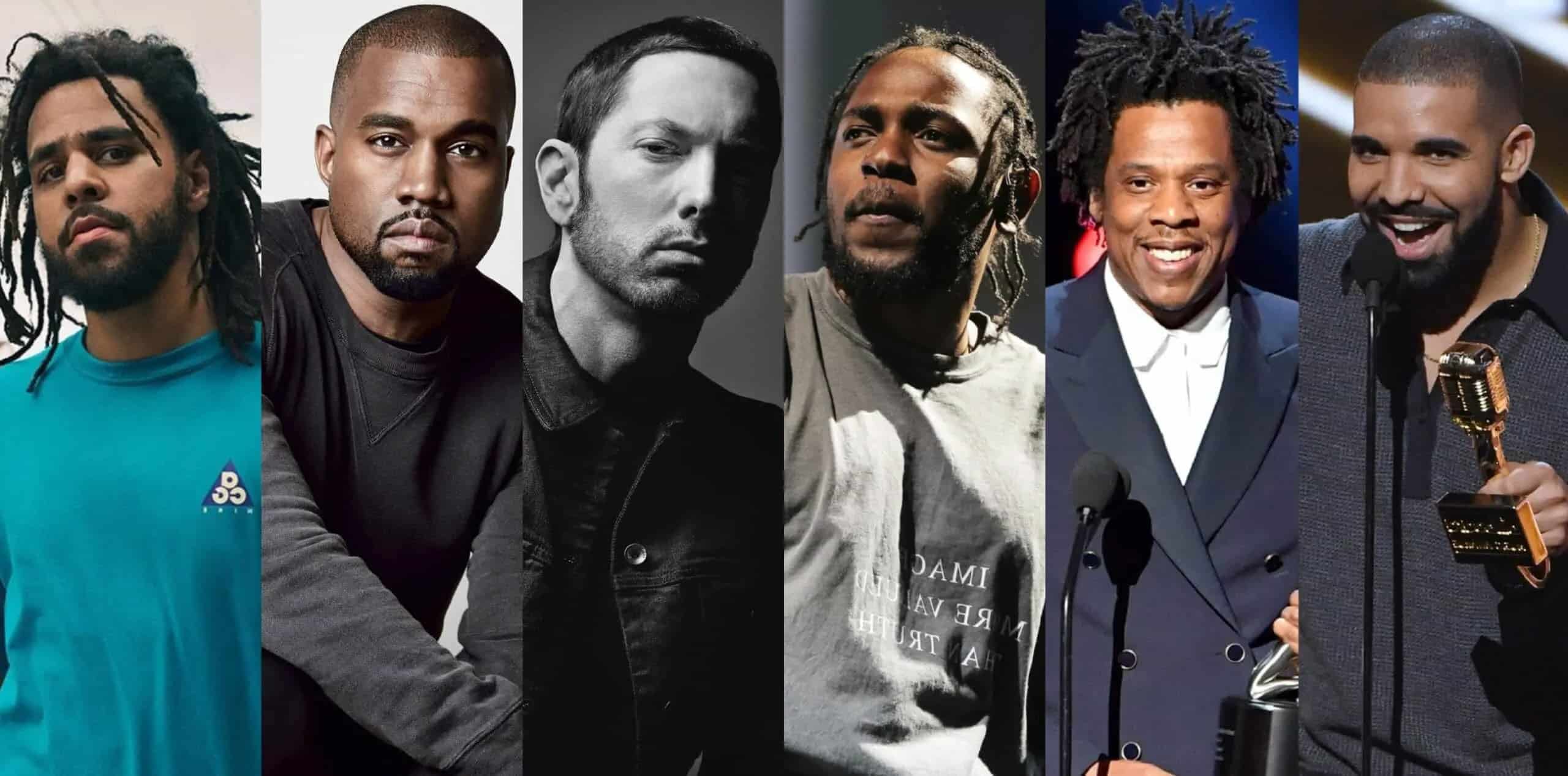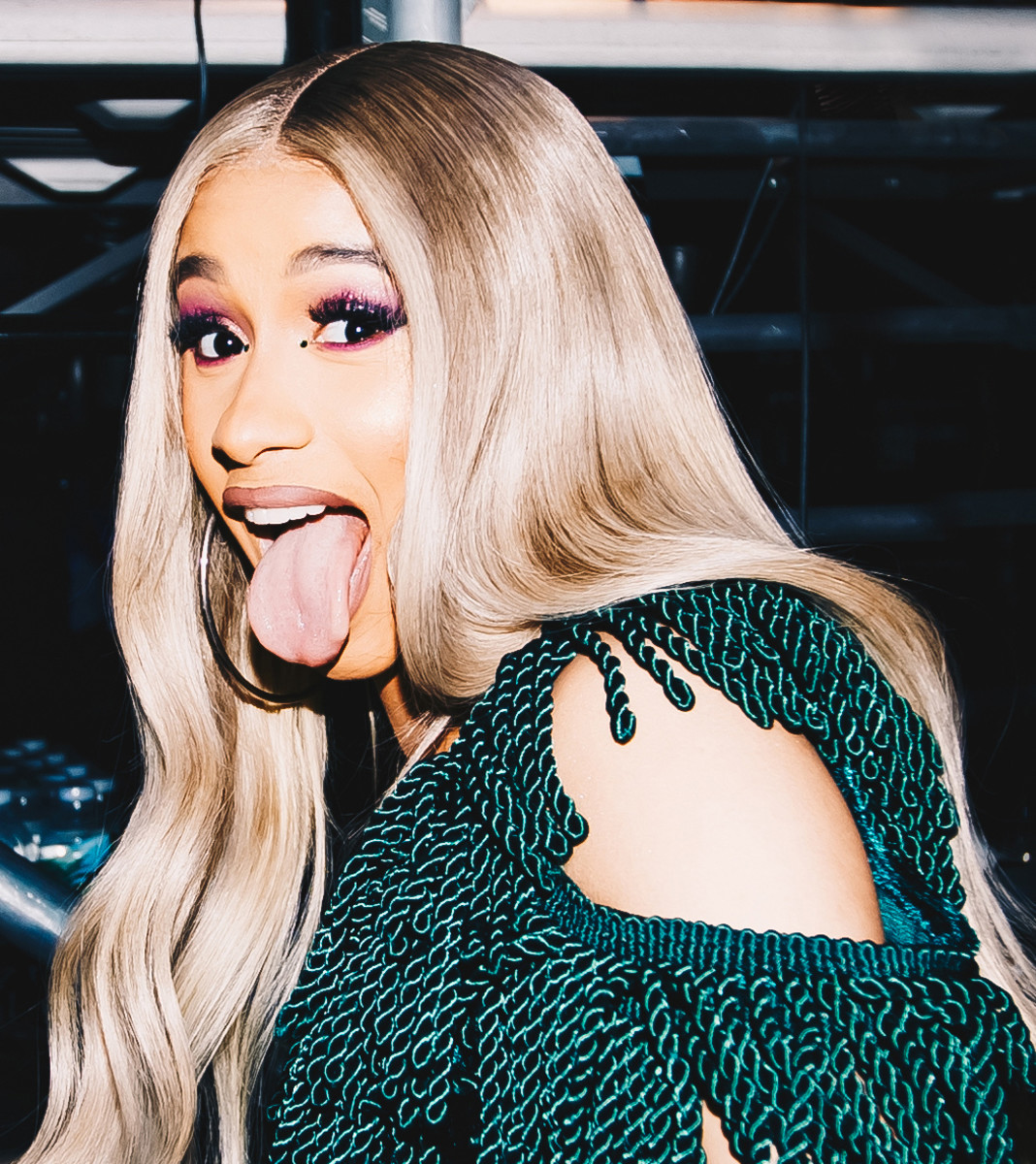Rapper Quits Festivals Over Demands: Azealia Banks' Bold Stand
In a move that has sent ripples through the music industry and sparked widespread debate, American rapper Azealia Banks recently announced her withdrawal from two major UK music festivals, Boomtown and Maiden Voyage. Her reason? Allegations of intense pressure from organizers to make political statements regarding the conflict in Gaza. This incident not only highlights the increasing intersection of art and activism but also raises critical questions about artistic freedom and the responsibilities of both artists and event promoters in a politically charged world.
This controversial decision by Banks is not an isolated event but rather a symptom of a broader trend seeing rap concerts and large-scale music festivals facing cancellations and navigating complex social and political landscapes. From logistical nightmares to public pressure and artist demands, the challenges facing live music events are growing, forcing a re-evaluation of how entertainment, activism, and commerce coexist. The saga of Azealia Banks serves as a potent case study in this evolving dynamic, drawing attention to the delicate balance artists must strike between their craft and external expectations.
Table of Contents
- The Unfolding Controversy: Azealia Banks' Festival Exit
- Who is Azealia Banks? A Brief Biography
- The Weight of Political Demands on Artists
- A Troubling Trend: Concert Cancellations in the Rap Scene
- Navigating the Intersection of Art and Activism
- The Future of Festivals: Balancing Art, Commerce, and Conscience
- Conclusion: A Defining Moment for Artistic Freedom
The Unfolding Controversy: Azealia Banks' Festival Exit
The music world buzzed with news when American rapper and songwriter Azealia Banks, 34, announced her decision to cancel her August performances at two prominent UK festivals: Boomtown in Winchester and Maiden Voyage in London’s Burgess Park. The core of her claim was stark and direct: festival organizers allegedly pressured her to make political statements about the war in Gaza. Banks explicitly stated, "So guys i am cancelling boomtown and maiden voyage, the promoters have been stressing me out for weeks trying to force me to say free palestine and." This public declaration immediately ignited a firestorm, putting the spotlight squarely on the increasingly blurred lines between artistic performance and political endorsement. Her withdrawal, described by some as "controversial," underscores a growing tension within the entertainment industry. Artists, often seen as cultural touchstones, are increasingly expected to leverage their platforms for social and political causes. However, when such expectations turn into alleged coercion, it raises serious questions about artistic autonomy and freedom of speech. Banks' decision to step away, rather than comply with what she perceived as undue pressure, serves as a powerful statement. For fans who had purchased tickets, the immediate aftermath was a scramble for refunds, highlighting the direct impact of such disputes on the audience experience. This incident, where a rapper quits festivals over demands, is a significant moment that forces a deeper look at the pressures artists face.Who is Azealia Banks? A Brief Biography
Azealia Amanda Banks is an American rapper, singer, songwriter, and actress. Born on May 31, 1991, in New York City, she rose to prominence in the early 2010s with her unique blend of hip-hop, house, and electro sounds. Her breakout single "212," released in 2011, garnered critical acclaim and propelled her into the international spotlight. Known for her distinctive flow, sharp lyricism, and often controversial public persona, Banks quickly established herself as a formidable, albeit polarizing, figure in contemporary music. Throughout her career, Banks has released several projects, including the acclaimed mixtape "Fantasea" (2012) and her debut studio album "Broke with Expensive Taste" (2014). Her music often explores themes of identity, sexuality, and social commentary, delivered with an undeniable artistic flair. Beyond her musical endeavors, Banks has also been a vocal presence on social media, engaging in debates and expressing her opinions on a wide range of topics, which has contributed to her reputation as an outspoken and unpredictable artist. Her recent decision to have a rapper quit festivals over demands for political statements only adds another layer to her already complex public image.Personal Data: Azealia Banks
| Full Name | Azealia Amanda Banks |
| Age | 34 (as of 2024) |
| Occupation | Rapper, Singer, Songwriter, Actress |
| Nationality | American |
| Notable For | "212" single, "Broke with Expensive Taste" album, outspoken public persona, controversial statements. |
The Weight of Political Demands on Artists
The case of Azealia Banks pulling out of festivals due to alleged pressure to make political statements is a stark illustration of the increasing burden placed upon artists in the current socio-political climate. In an era where social consciousness is highly valued, there's a growing expectation for public figures, especially musicians, to use their platforms for activism. While many artists willingly embrace this role, the line between encouragement and coercion can become dangerously thin. The demand for a rapper to quit festivals over demands highlights this ethical tightrope. This isn't an isolated incident. The "Data Kalimat" provided hints at other situations, such as a "Jewish demons’ singer quits as ‘peace’ festival exposed community groups demand greater oversight by met police and excel centre to silence ‘extremists’ in london october 18." While the specifics differ, the underlying theme remains consistent: artists and event organizers are increasingly navigating intense pressure to align with specific political narratives or face consequences. This pressure can come from various sources: activist groups, public opinion, or even, as Banks alleges, the promoters themselves. For artists, this creates a dilemma: compromise their artistic integrity or personal beliefs, or risk alienating organizers, fans, and potential career opportunities. The freedom of expression, a cornerstone of artistic endeavor, comes under scrutiny when external parties attempt to dictate an artist's public stance. The question then becomes: where does the responsibility of an artist end and the right to personal conviction begin?A Troubling Trend: Concert Cancellations in the Rap Scene
Beyond the specific political pressures, the music industry, particularly the rap genre, has seen a noticeable uptick in concert and festival cancellations in recent years. The "Data Kalimat" explicitly states, "From a handful of lil baby concert stops to large events like the made in america festival, rap concerts have been getting canceled quite frequently in recent years." This trend, while sometimes attributed to logistical challenges or artist health, often points to deeper systemic issues within the live music ecosystem. When a rapper quits festivals over demands, it's a high-profile symptom of this broader instability. The reasons for these cancellations are multifaceted. Sometimes, it's simply a matter of scheduling conflicts or unforeseen production issues. However, increasingly, cancellations are linked to public relations crises, controversies surrounding artists, or even financial viability issues. The demands placed on artists, both creative and political, can contribute to burnout or disputes that lead to withdrawals. Moreover, the sheer scale and complexity of organizing major festivals mean that any significant disruption, whether it's an artist pulling out or a public outcry, can have a domino effect, leading to widespread cancellations and significant financial losses for all parties involved, from promoters to vendors and, ultimately, the fans.Beyond Banks: Other High-Profile Cancellations
While Azealia Banks' situation is unique in its alleged political coercion, the broader landscape of artist withdrawals and event changes is not new. Consider the journey of Drake's debut album, "Thank Me Later." Originally planned for late 2008, its release date was "thrice postponed up to June 15, 2010." While this wasn't a concert cancellation, it illustrates the fluidity and unpredictability inherent in the music industry's schedules and plans. The release of his lead single "Over," which topped the rap songs chart, still occurred, but the delays highlight the challenges artists and their teams face in bringing their work to the public. These examples, ranging from album delays to outright concert cancellations, underscore the precarious nature of the entertainment business. Whether it's a rapper quitting festivals over demands, logistical hurdles, or a shifting public sentiment, the industry is constantly adapting to unforeseen circumstances. Each cancellation or delay, regardless of the reason, has a ripple effect, impacting not just the artists and promoters but also the thousands of fans who plan their experiences around these events. It also signals a need for greater transparency and robust contingency planning within the industry.Navigating the Intersection of Art and Activism
The modern festival landscape is far more than just a collection of musical performances. As "Festivals.com" highlights, it's "your local guide to festivals, concerts, and special events near you," encompassing a diverse range of activities: "Browse concerts, workshops, yoga classes, charity events, food and music festivals, and more things to do." This evolution means that festivals are no longer just stages for entertainment; they are increasingly becoming cultural hubs and, by extension, platforms for social discourse and activism. This broader role inherently brings artists and organizers into closer contact with political and social issues, making instances like a rapper quitting festivals over demands more likely. The expectation for artists to engage with social issues has grown significantly. Fans often look to their favorite musicians not just for entertainment but also for leadership and advocacy on causes they care about. This can be a powerful force for good, raising awareness and inspiring action. However, it also creates a delicate balance. When does an artist's genuine desire to support a cause turn into a perceived obligation? And when do event organizers, perhaps under pressure from various stakeholders, cross the line from facilitating dialogue to demanding allegiance? The challenge lies in fostering an environment where artists feel empowered to express their views authentically, without feeling compelled to adopt stances that don't genuinely resonate with them.The Audience's Role: Demanding More Than Just Music
The power of the audience in shaping the music industry has never been more pronounced. In the digital age, fans are not passive consumers; they are active participants, commentators, and often, activists. The immediate aftermath of Azealia Banks' announcement saw "Fans have been asking for refunds from promoters," a direct demonstration of their power to influence the financial outcomes of such events. This collective voice, amplified by social media, can exert significant pressure on artists and organizers alike. Today's audiences often expect more than just a good show. They demand that artists and events align with their values, especially on pressing social and political issues. This heightened awareness means that silence can sometimes be interpreted as complicity, and a perceived lack of commitment to a cause can lead to backlash. While this engagement can drive positive change, it also places artists in a precarious position, where their perceived political stance can directly impact their career and public reception. The incident of a rapper quitting festivals over demands is a clear indicator of how deeply audience expectations now intertwine with artistic expression and event planning.The Future of Festivals: Balancing Art, Commerce, and Conscience
The Azealia Banks controversy, where a rapper quits festivals over demands, serves as a pivotal moment for the festival industry. It forces organizers to confront difficult questions about their role in political discourse and how they manage artist relations in an increasingly polarized world. Moving forward, festivals will likely need to establish clearer guidelines and expectations regarding political statements, ensuring transparency with artists from the outset. This could involve explicit clauses in contracts about an artist's right to political neutrality, or conversely, the expectation of certain forms of engagement. The challenge for promoters is immense. They must balance the commercial imperative of drawing large crowds with the ethical responsibility of providing a platform for diverse voices, all while navigating intense public scrutiny. Maintaining an inclusive environment for all attendees and performers, regardless of their political leanings, becomes paramount. This incident might lead to a re-evaluation of how festivals position themselves – as purely entertainment venues, or as platforms with a broader socio-political mission. The decisions made in the wake of such controversies will undoubtedly shape the future landscape of live music, influencing everything from artist bookings to sponsorship deals.Legal and Public Relations Ramifications
In the high-stakes world of entertainment, controversies like Azealia Banks' festival withdrawal quickly escalate into complex legal and public relations challenges. The "Data Kalimat" briefly mentions "Diddy's legal team pushes for a gag order to stop victim lawyers from fueling negative publicity ahead of trial." While unrelated to Banks' specific situation, this highlights the intense scrutiny and legal maneuvering that often accompany high-profile disputes involving celebrities. Artists and event organizers operate in an environment where public perception can make or break careers and events. For Banks, her public statement directly implicated the promoters, potentially opening avenues for legal disputes over breach of contract or defamation, depending on the specifics of her agreements. For the festivals, managing the fallout means addressing fan refunds, protecting their brand reputation, and potentially re-evaluating their artist engagement policies. Both sides must carefully navigate public opinion, as negative publicity can have long-lasting consequences. The incident underscores that when a rapper quits festivals over demands, it's not just a creative decision but a move with significant legal and PR implications, requiring careful strategic communication and damage control.Conclusion: A Defining Moment for Artistic Freedom
The decision by Azealia Banks to pull out of UK festivals, citing alleged pressure to make political statements, is more than just another celebrity headline. It's a defining moment that brings into sharp focus the intricate relationship between artistic expression, political activism, and the commercial realities of the music industry. Her bold stand, where a rapper quits festivals over demands, highlights the growing expectations placed on artists to use their platforms for social causes, and the fine line between advocacy and coercion. This incident prompts crucial conversations about the boundaries of artistic freedom, the responsibilities of event organizers, and the evolving role of audiences in shaping the cultural landscape. As the music industry continues to grapple with these complexities, the need for clear communication, mutual respect, and a commitment to artistic integrity becomes paramount. The future of festivals and live music will undoubtedly be shaped by how these challenges are addressed, ensuring that music remains a space for authentic expression, free from undue pressure. What are your thoughts on artists being pressured to make political statements? Share your perspective in the comments below. If you found this article insightful, consider sharing it with others who might be interested, and explore our other pieces on the intersection of music and social issues.


Detail Author:
- Name : Selena Koepp
- Username : prohan
- Email : ward.missouri@gmail.com
- Birthdate : 1994-04-14
- Address : 5791 Hessel Skyway Edgarmouth, PA 90776
- Phone : 469.782.8401
- Company : Jakubowski, Borer and Smith
- Job : Customer Service Representative
- Bio : Ut rerum quam pariatur omnis necessitatibus odio dolore. Soluta similique quo iusto non qui voluptate. Unde recusandae impedit vero et sint voluptatum eos. Qui in vel nulla molestias qui.
Socials
linkedin:
- url : https://linkedin.com/in/marge_funk
- username : marge_funk
- bio : Quis nemo perferendis ea aut omnis.
- followers : 6421
- following : 2518
instagram:
- url : https://instagram.com/funk1979
- username : funk1979
- bio : Omnis ut nesciunt ratione molestiae facere. Sit sit molestiae quaerat.
- followers : 2132
- following : 1577
twitter:
- url : https://twitter.com/marge_funk
- username : marge_funk
- bio : Eum ex quis voluptas. Dolores omnis laboriosam eum. Est deserunt numquam in quae ut.
- followers : 1564
- following : 1204
facebook:
- url : https://facebook.com/funkm
- username : funkm
- bio : Saepe tempore dolorem quas rerum ut quis nisi.
- followers : 1622
- following : 1831